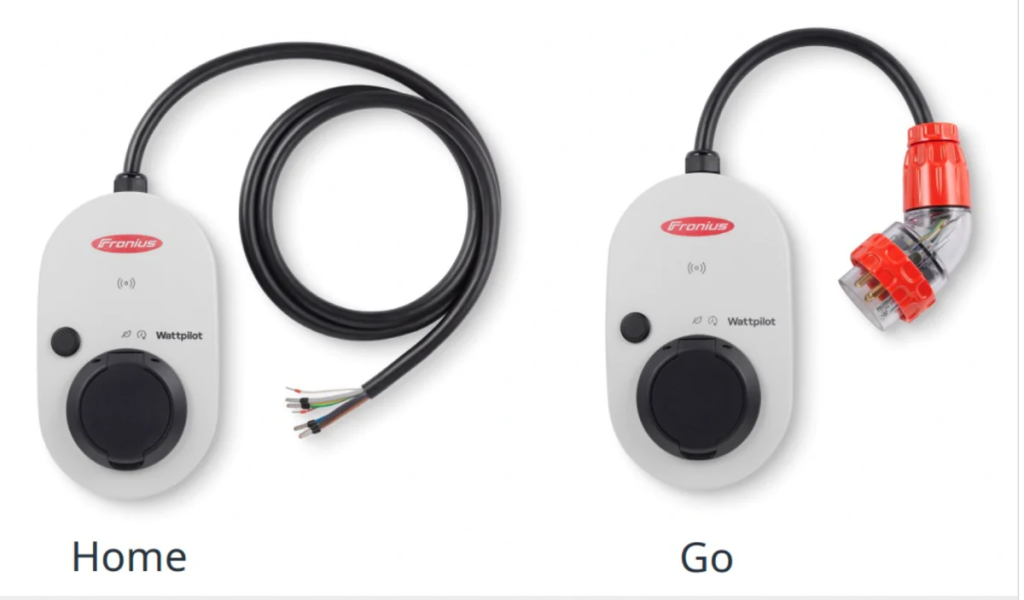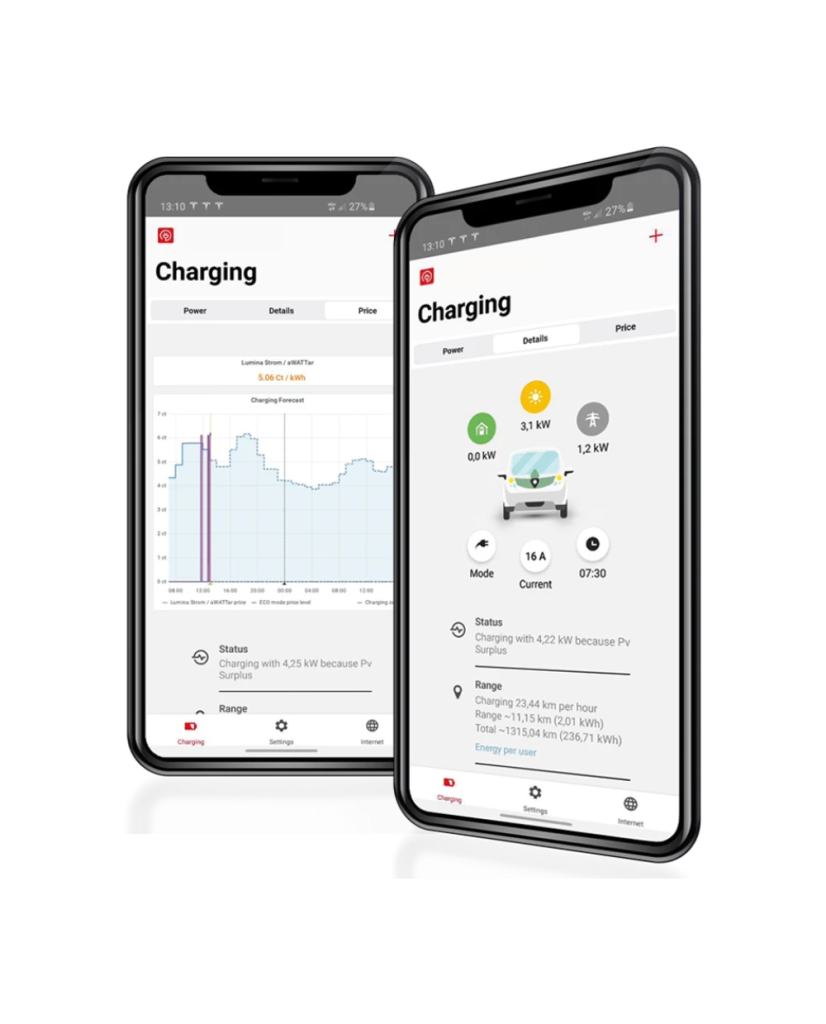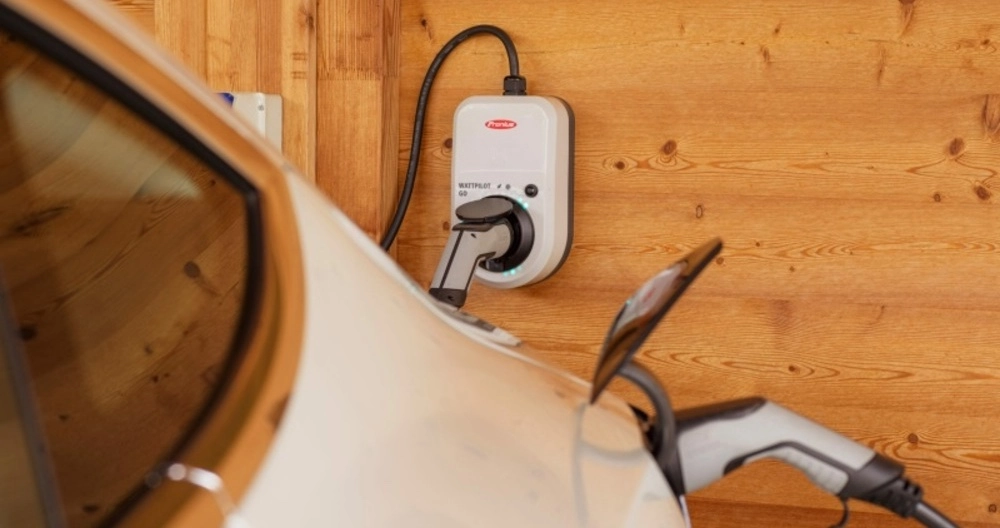Fronius, the Austrian pioneer in the solar energy sector, continues to position itself in the Spanish market with its electric vehicle charging solutions.
“Our main focus is to connect two business models: charging points and self-consumption facilities,” says Fernando Nevado, Technical Sales Advisor, to Mobility Portal España.
This involves linking distributed generation with the electrical demand of zero and low-emission cars.
Recently, the company has launched fleet management software designed for electric vehicles linked to self-consumption in Austria and Germany.
Their goal for 2024 is to introduce this innovation in Spain.
In this regard, they are actively working and collaborating with various partners to develop and adapt this technology to local needs.
This will not only enable fleet management but also tariff development, vehicle charging using available photovoltaic energy, or alternatively, opting for the most economical tariffs.
It will also provide constant information on the current generation of solar panels and the electrical demand of regular consumers in homes or industries.
This capability will allow the integration of these two factors to optimize car charging in an economically efficient and environmentally friendly manner.
“We will collaborate with our distributors, who will be key to launching this software together with the installation of self-consumption systems and charging points,” anticipates.
Currently, various players in the sector seek to promote clean energy alongside electromobility with the aim of achieving a more sustainable future.
Spain plays a crucial role in renewable energy production, especially photovoltaics, establishing itself as one of the world’s main references in green energy.
However, these sources still represent one of the least chosen options by Spaniards, with those derived from petroleum products being the preferred ones, followed by electricity and natural gas.
In this context, Nevado points out: “The most important thing is consumer education, even above regulations and incentives.”
User education is a determining factor for Fronius in its quest for greater economic and energy savings.
“We are convinced that Spain’s behavior will be similar to that of Austria and Germany,” he emphasizes.
In view of the coming years, the company will continue to actively support this market, as it observes a significant impact and growing demand.
Since 2015, the firm has more than 60,000 photovoltaic installations available in the country, capable of installing an electric vehicle charging point at any time.
Their offering includes the Fronius Wattpilot, a solution for charging the electric car at the lowest price.
This allows for intelligent charging with alternating current powers ranging from 11 to 22 kilowatts.
The range features two models. The Home is a stationary version that connects directly to the installation panel.
Meanwhile, the Go is portable for use on the road during a trip or in a secondary residence.

Through the Next Trip mode, users can charge their electric car at a specific time to cover a certain distance in kilometers.
Both versions offer sustainable charging with solar or green energy from the grid.
The Eco mode ensures that owners of photovoltaic installations, whenever available, charge with self-generated solar energy or the most economical grid energy.
Fronius and its Solar.Wattpilot App

In their effort to enable comprehensive management for users from a single platform, the company introduces the Solar.Wattpilot app.
Through it, users have the ability to control the charger via smartphone or tablet, allowing the activation of the device, comprehensive viewing of charging data, and the selection of refueling modes.
Its customers are primarily owners of self-consumption installations, covering both residential and industrial-commercial environments.
“Our goal for the coming years is to remain as providers, offering energy generation solutions that meet the demand efficiently, cleanly, and economically viable,” highlights Nevado.








